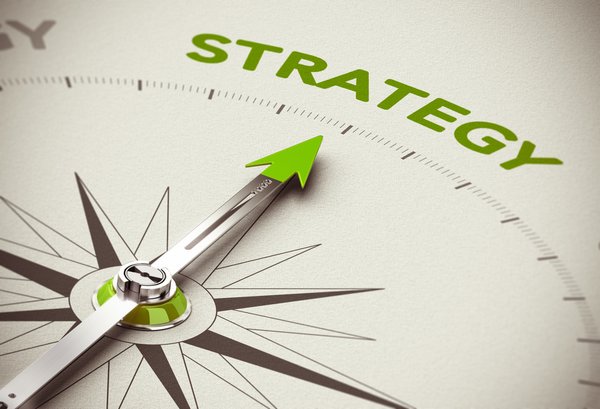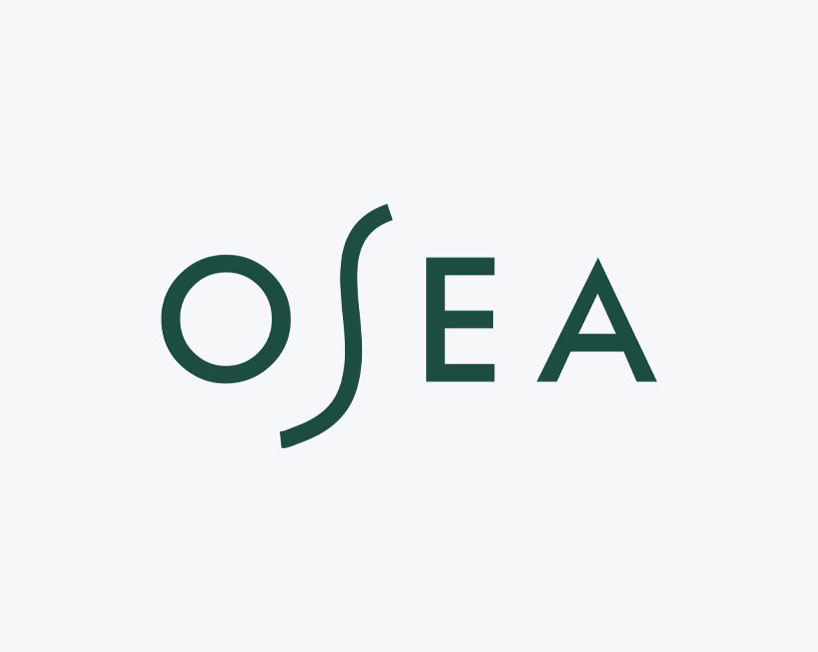
Mark Cuban’s investment portfolio is a mashup of disruptive tech, crypto, small businesses, and S&P 500 stocks. The outspoken star of the popular Shark Tank startup investing TV show has amassed a fortune through his savvy investment deals.
Want to learn more about how Mark Cuban became a billionaire and how he puts his billions to work? Read on.

Image source: Getty Images.
Who is Mark Cuban?
Who is Mark Cuban?
Mark Cuban is best known for his decade-plus run on the hit television show Shark Tank, where he has invested in dozens of start-ups. In addition, Cuban is a successful entrepreneur and founder, having made his fortune during the dot-com boom by founding one of the first streaming video companies in history. Until recently, he was also widely known for being the majority owner of the NBA’s Dallas Mavericks until selling his stake in late 2023.
Mark Cuban’s personal stats
- Age: 66.
- Source of wealth: Technology start-ups, former Dallas Mavericks ownership, numerous start-up investments.
- Marital status: Married.
- Residence: Dallas, Texas.
- Children: Three.
- Education: Indiana University, Bloomington (B.S.).
Investment approach
Mark Cuban’s investment approach
Mark Cuban has spoken about his investing style in numerous interviews, on his blog, and, of course, on the hit TV series Shark Tank. With that in mind, here are some components of his investment style that frequently come up:
1. Disruptive technology
Cuban loves disruption. It’s one of the reasons he has invested heavily in the cryptocurrency and blockchain industry in recent years. Cuban became a billionaire by getting in on the ground floor of the streaming media revolution and selling his Broadcast.com startup to Yahoo. Today, streaming services are the standard, but in the late 1990s, streaming was a new idea.
2. Don’t be afraid to make mistakes
I learned some expensive lessons when I first started trading stocks. It was painful. But I tried to learn what I got right and wrong.
Mark Cuban.
Cuban admits he’s made many investing and business mistakes. When talking about his failures, though, he also shares what he’s learned as a result.
One of Cuban’s early entrepreneurial missteps was a business selling powdered milk. He found out the hard way that people would rather pay more for the real stuff. Consequently, Cuban is more disciplined about carefully evaluating opportunities without letting assumptions color his view.
3. Avoid low barriers to entry
One theme that comes up on Shark Tank often and is apparent in Cuban’s portfolio of venture investments is that he does not like businesses with low barriers to entry. If competitors can copy the business model fairly easily, he will likely decline the opportunity.
4. Avoid capital-heavy businesses
This is a favorite investment principle of many successful investors, including Warren Buffett. Cuban once said, “I have a fundamental aversion to companies that require raising hundreds of millions of dollars to do less in revenues.”
To be fair, this aversion has caused Cuban to miss out on some big wins. Most notably, Cuban had the opportunity to invest in smartphone-linked doorbell maker Doorbot in 2013, but he declined because he thought it would need too much capital to grow. The company later changed its name to Ring and was acquired by Amazon (AMZN 1.8%) in 2018 for more than $1 billion.
5. It’s OK to not invest in anything at all
Cuban passes on most investment opportunities presented on Shark Tank. In a 2010 blog post, Cuban wrote, “If you don’t fully understand the risks of an investment you are contemplating, it’s OK to do nothing.” He repeated the “do nothing” comment in 2016 and again in 2020 during two separate market downturns.
Cuban’s “do nothing” advice warns against reactivity in buying or selling. Instead of moving quickly, take time to understand your potential investments. Good companies have staying power, so you don’t gain anything by rushing to buy or sell.
Investments
Mark Cuban’s investments
Mark Cuban isn’t a hedge fund manager, so he doesn’t have to disclose the composition of his personal stock portfolio. However, there are some stock investments Cuban has made that he has discussed in various interviews.
Amazon (AMZN 1.8%) has been a particularly successful investment for Cuban. In 2019, Cuban said that he owned almost $1 billion in Amazon stock and that he paid a split-adjusted price of between $25 and $35 per share (Amazon traded for about $220 per share in late 2024).
Cuban has also publicly discussed owning Netflix (NFLX -0.64%). During the same 2019 interview, he said that Netflix and Amazon were his two largest stock holdings. He said he liked both because of their artificial intelligence capabilities. In 2021, he bet that Netflix and Amazon would outperform the S&P 500 over the next 10 years.
Cuban was also a shareholder in Twitter before it was taken private by Elon Musk. In an interview a few years ago, Cuban said that he owns just a handful of stocks.
Having said all of that, most of Mark Cuban’s investments (by asset value) and former investments are outside of the publicly traded markets. Here’s a rundown of some:
Dallas Mavericks: Until late 2023, Cuban owned a majority stake in the NBA’s Dallas Mavericks. He paid $285 million in 2000 for the franchise and sold about three-fourths of the team at an estimated valuation of $3.5 billion.
Shark Tank: Since joining the hit show in its second season in 2011, Cuban has invested in 85 deals. He has also invested in numerous venture capital deals outside of the show. According to CB Insights, Cuban has made more than 420 different investments.
Cryptocurrency: Mark Cuban has invested in several different cryptocurrencies, including Bitcoin (BTC 1.35%), Ethereum (ETH 1.58%), and Dogecoin (DOGE -0.37%).
Pharmaceuticals: Cuban launched the Cost Plus Drug Company in early 2022 with the mission of lowering the prices of generic drugs for U.S. consumers. The company sells more than 350 medications for cost plus a 15% markup and a small service and shipping fee.
More from Mark Cuban
- Cuban is very active on X (formerly Twitter), where he uses the handle @mcuban.
- Cuban has appeared on ABC’s Shark Tank series since the show’s second season in 2011 and decided to exit the show after the 2024 season.
- You can see many of Cuban’s owned and invested businesses on his website, MarkCubanCompanies.com.
Related investing topics
Learn from Mark Cuban’s strategies
Mark Cuban’s investment style is mostly focused on acquiring assets and stakes in companies that are not publicly traded, although he owns a portfolio of a few publicly traded companies. Cuban’s net worth is in the billions of dollars. With hundreds of venture investments and some big stock positions, it could grow significantly in the years to come.
FAQ
Mark Cuban FAQ
What is Mark Cuban’s net worth?
According to the latest estimates by Forbes, Mark Cuban had a net worth of approximately $5.7 billion.
Is Mark Cuban self-made?
Cuban initially made money from selling his first company MicroSolutions for $6 million in 1990. He became a billionaire during the dot-com boom when Yahoo bought Cuban’s Broadcast.com for $5.7 billion in stock.
What franchise does Mark Cuban own?
Mark Cuban is a minority owner of the NBA’s Dallas Mavericks franchise. He acquired an 85% stake in the team in 2000, soon after selling his Broadcast.com startup to Yahoo, but sold the bulk of the team in late 2023.
link






